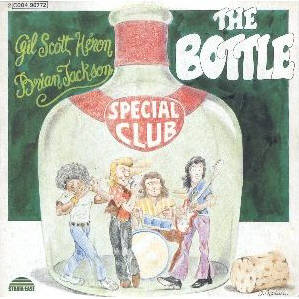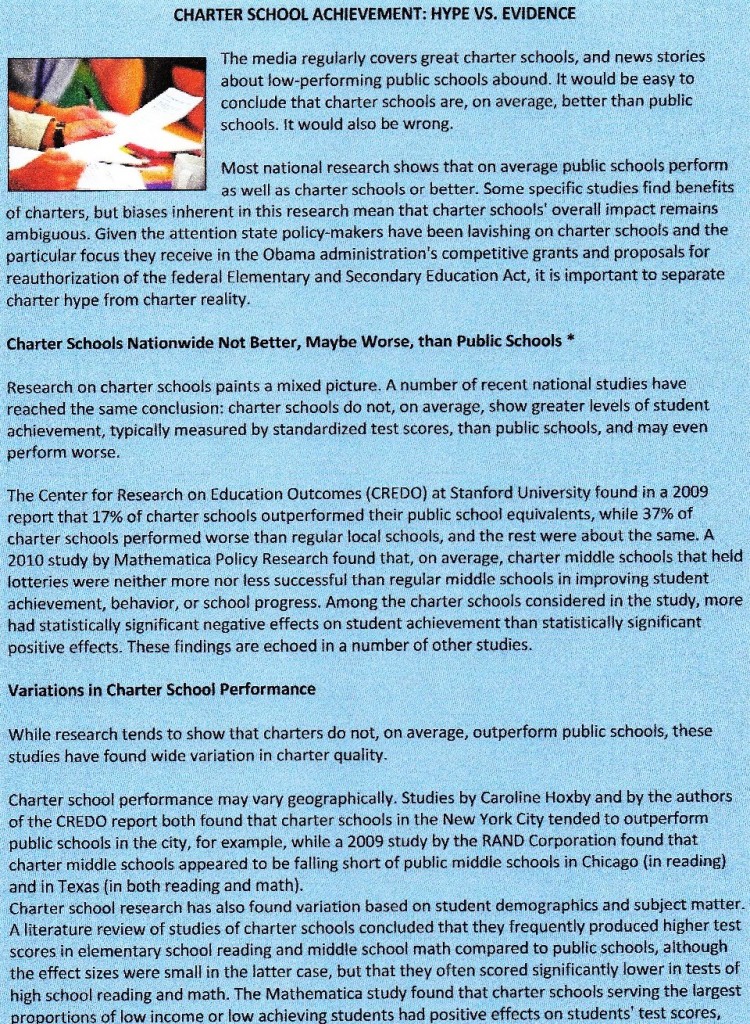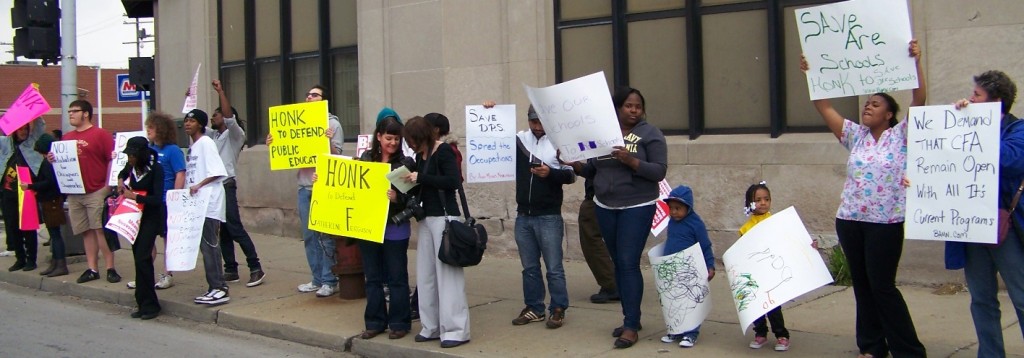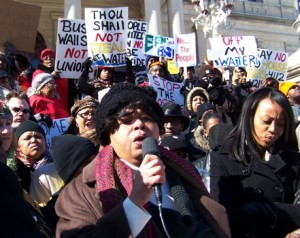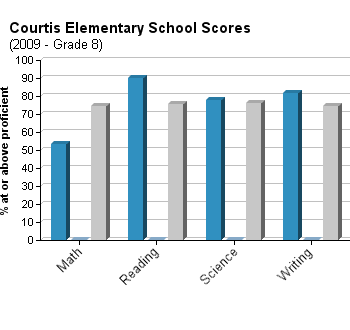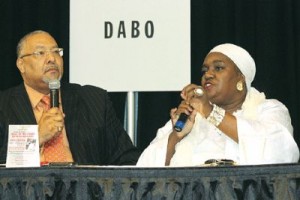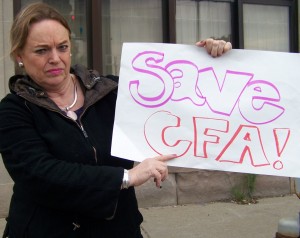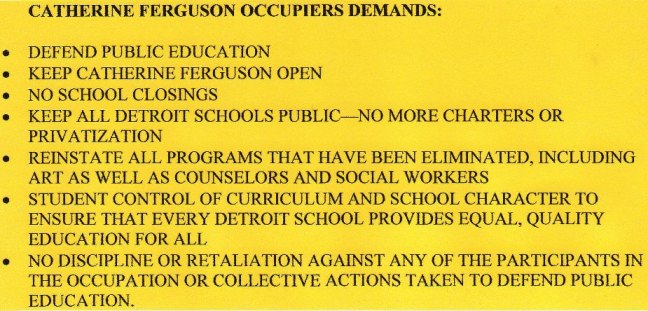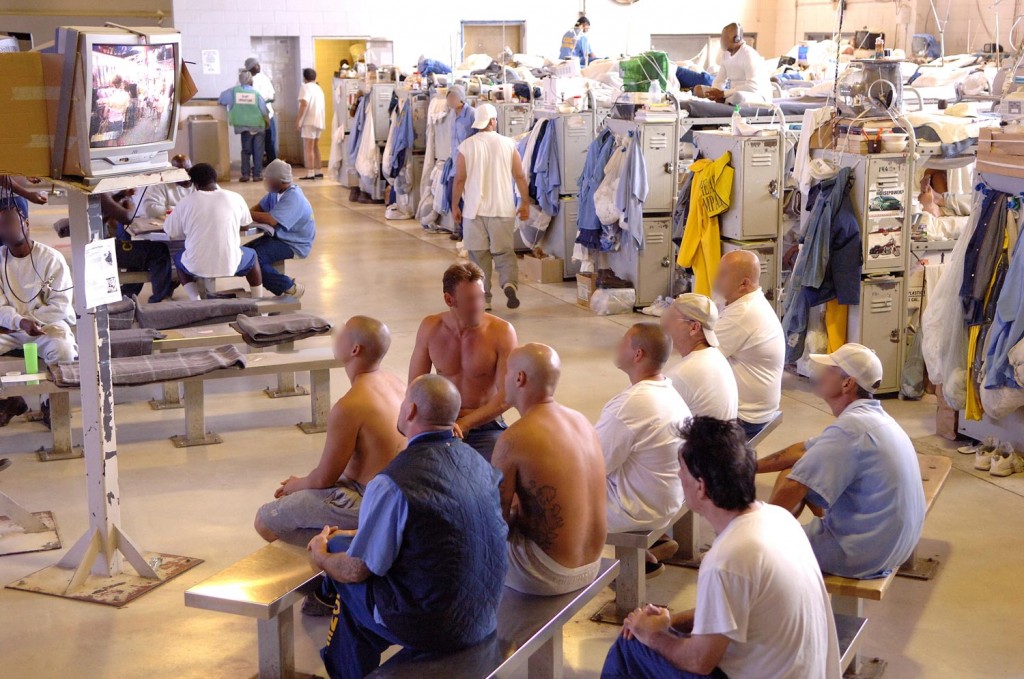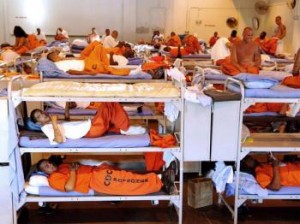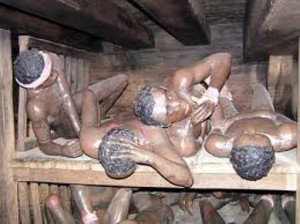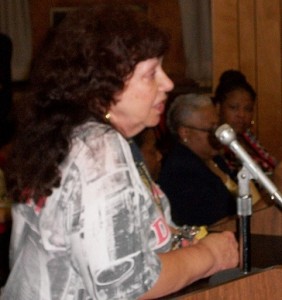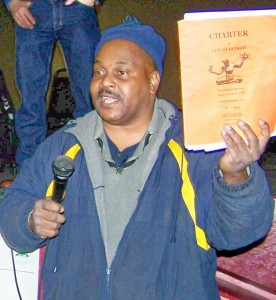
Mother begs plantation owner not to sell her children at auction
By Diane Bukowski
Putting Detroit Public Schools on the charter auction block recalls nothing more clearly than the sale of African children by plantation owners as their families wept. After kidnapped Africans won their freedom, one of the first things they did was establish a system of public schools for all, without regard to race, class, or gender.
In the DPS release announcing that 18 charter organizations had bid on 50 Detroit Public Schools, Robert Bobb said, “We are pleased with the broad experience of many of the organizations that applied and their potential to transform academically-challenged schools . In a number of cases, applicants already run one or more schools that significantly outperform the DPS schools they seek to operate, as measured by the Excellent Schools Detroit report cards.”
The bidders listed have specifically selected DPS schools Jemison, Gardner, Carver, Howe, Davison, White, Loving, Burns, Noble, Nolan, Stewart, Brewer, Detroit City High, Catherine Ferguson, Hancock, Barsamian, MacDowell and Clark, although they are expected to be in the running for a total of 50 schools.
Grades for schools run by charter bidders run mainly in the C overall range, with several showing F’s in reading. Of the 18 DPS schools the bidders specified, however, 8 have B scores, 4 have C scores, and one has a D-Alert on the state’s Ed YES! Scale. For the most part, they outperform schools operated by bidders on the chart below. Many charter schools listed with better grades are not located in poor urban areas.
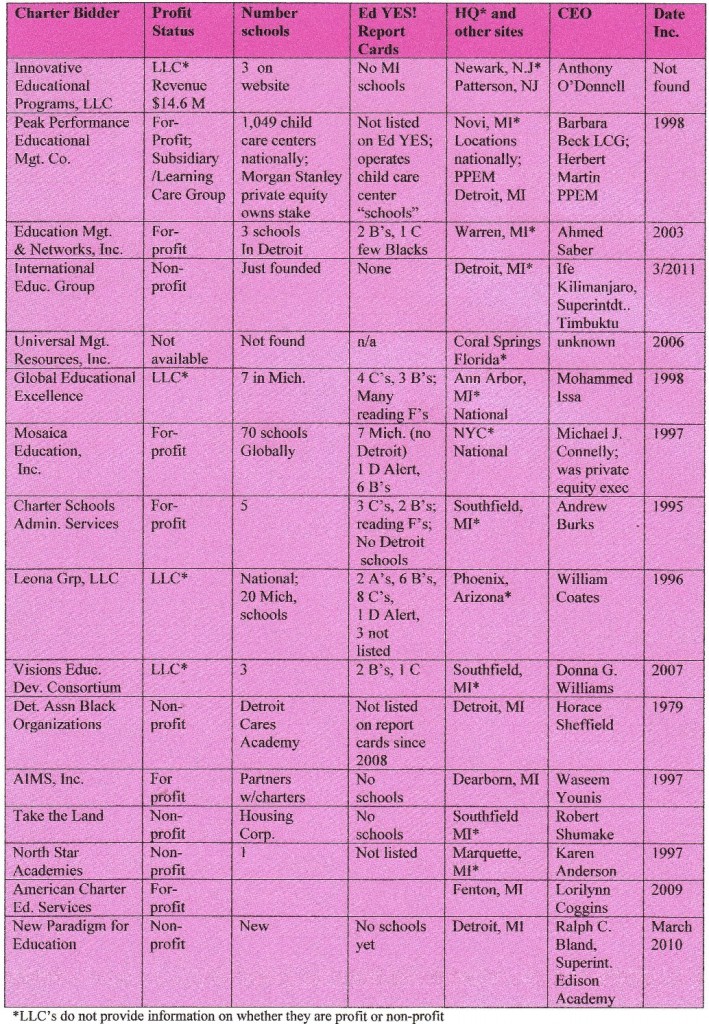
Four of the charter organizations listed were blasted in a Detroit News article as posted on a website below:
SUBSTANDARD CHARTERS FAIL MICHIGAN STUDENTS
Posted at http://www.susanohanian.org/atrocity_fetch.php?id=1225
By Brad Heath
Detroit News 10/26/03

Marchers take off from Catherine Ferguson Academy May 10
Six companies responsible for teaching more than 17,000 of Michigan’s charter school students provide an education that falls short even of some of the state’s most troubled inner-city schools.
A Detroit News analysis shows those shortcomings are hidden by minimal scrutiny of how the companies manage more than $123.7 million in tax money each year.
The low-performing companies include three of the biggest for-profit charter school managers in the state, whose students often fall far below minimum standards in reading, writing and math, state education records show. The companies’ schools also spend a smaller share of their budgets in the classroom than others.

Marchers tell DABO: NO charter schools!
While charter schools overall are less likely to meet state standards than traditional schools, Michigan has put thousands of students’ educations in the hands of a few companies that lag behind even faltering districts like Flint and Grand Rapids. Of the 40 companies that run charter schools, six had lower fourth-grade English and math scores than those cities.
Management companies oversee nearly every aspect of 151 of the state’s 200 charter schools, including what is taught and who teaches it, making Michigan one of the nation’s biggest venues for private control of public education.
What’s more, there has been no comprehensive attempt to monitor how the companies perform.

CFA marchers head down Woodward May 10 (photographer was in her car behind the march with a phalanx of other cars; she was later ticketed for blockading traffic because she wouldn't pull over into the marchers)
Instead, oversight rests with more than two dozen universities and school districts that track individual schools. The state Education Department lacks even a full list of which companies run charters in Michigan, let alone a way to measure their success.
“Nobody has asked whether they’re doing a decent job,” said Nancy Van Meter, the director of the American Federation of Teachers’ Center on Privatization. “Nobody has a handle on this, and it’s a question taxpayers in Michigan need to ask: Are you satisfied with this use of your tax dollars?”

Mother protects children from rain outside DABO May 19
State officials say they want more scrutiny of management companies, including performance and financial reviews, but say limited money and staff makes that impossible.
Critics have argued for years that letting companies run public schools — instead of merely supplying textbooks and buses — will hurt students as the companies cut costs to turn a profit. That concern takes on increasing importance as Michigan continues its rancorous debate over whether to raise the cap on the number of schools public universities can charter.
The News found that students attending schools run by the Leona Group, Mosaica Education and Charter School Administration Services have test scores that lag even compared with other charters. Those companies serve more than a quarter of students in Michigan’s charter schools. Three others — Alpha-Omega Education Management, Black Star Education Management and CAN Associates — each manage one school.
School operator fired

Monica Smith and speaker at CFA rally at Fisher Bldg. May 10
In the 10 Michigan schools run by Mosaica Education Inc., for example, only two of every five fourth-graders was able to read as well as the state says they should. And one in five met the state’s minimum standards in writing and math, according to the Michigan Educational Assessment Program tests.
One of those schools, Detroit Advantage Academy on the city’s west side, fired Mosaica last year after board members complained that the company wasn’t making promised improvements, missed reporting deadlines and failed to give school board members timely updates on how tax money was being spent.
“Had they been able to do everything they were required to do in our contract, we wouldn’t have terminated them. That includes educational goals. It includes providing financial reports,” said Karlena Glenn, a Detroiter who serves on the school’s board.
The bottom line was that the board no longer trusted Mosaica to administer public money, she said.

Outside Fisher Bldg. May 20
Mosaica contends the board didn’t have the authority to fire it.
Mosaica and other management companies say they take their own measurements of students’ progress, and each claims to be making gains. Companies contend parents who aren’t satisfied would leave. Enrollment waiting lists, they say, are evidence of success.
Gabrielle Garner of Southfield enrolled her daughter in Charter School Administration Services’ Southfield Academy this year, in part because she liked how closely it resembles a private school, with students required to wear uniforms. Students at the school have lower test scores than Southfield’s traditional public schools.
More important than who runs the school, she said, is that her daughter is happier and seems to be getting a better education than she was in an Oak Park public school last year.
“What’s important are the results we get,” she said. “Everyone here is working parents, and we just want the best for our kids.”
Explanation falls short

Demo at Mayor Bing's state of the city address March 2010
One classroom at the Voyageur Academy, a for-profit charter school in Detroit run by the Leona Group, bubbles with fourth-grade voices speaking Spanish. The school is small, with about 330 students. Parents get report cards every week. Principal Roderick Atkins knows his students by name.
Still, students at Voyageur lag behind the Detroit Public Schools on elementary school exams. Last year, 39 percent of fourth-graders read as well as the state said they should, compared with 55 percent in Detroit Public Schools.
Voyageur was warned by the state this year that those scores didn’t show enough progress.
“It wasn’t good. We’re still trying to figure out what happened,” said Atkins, who left a marketing job with General Motors Corp. to run the school. Test scores for Voyageur’s seventh- and eighth-graders, taught in a different school, exceeded public school averages. Continue reading →




